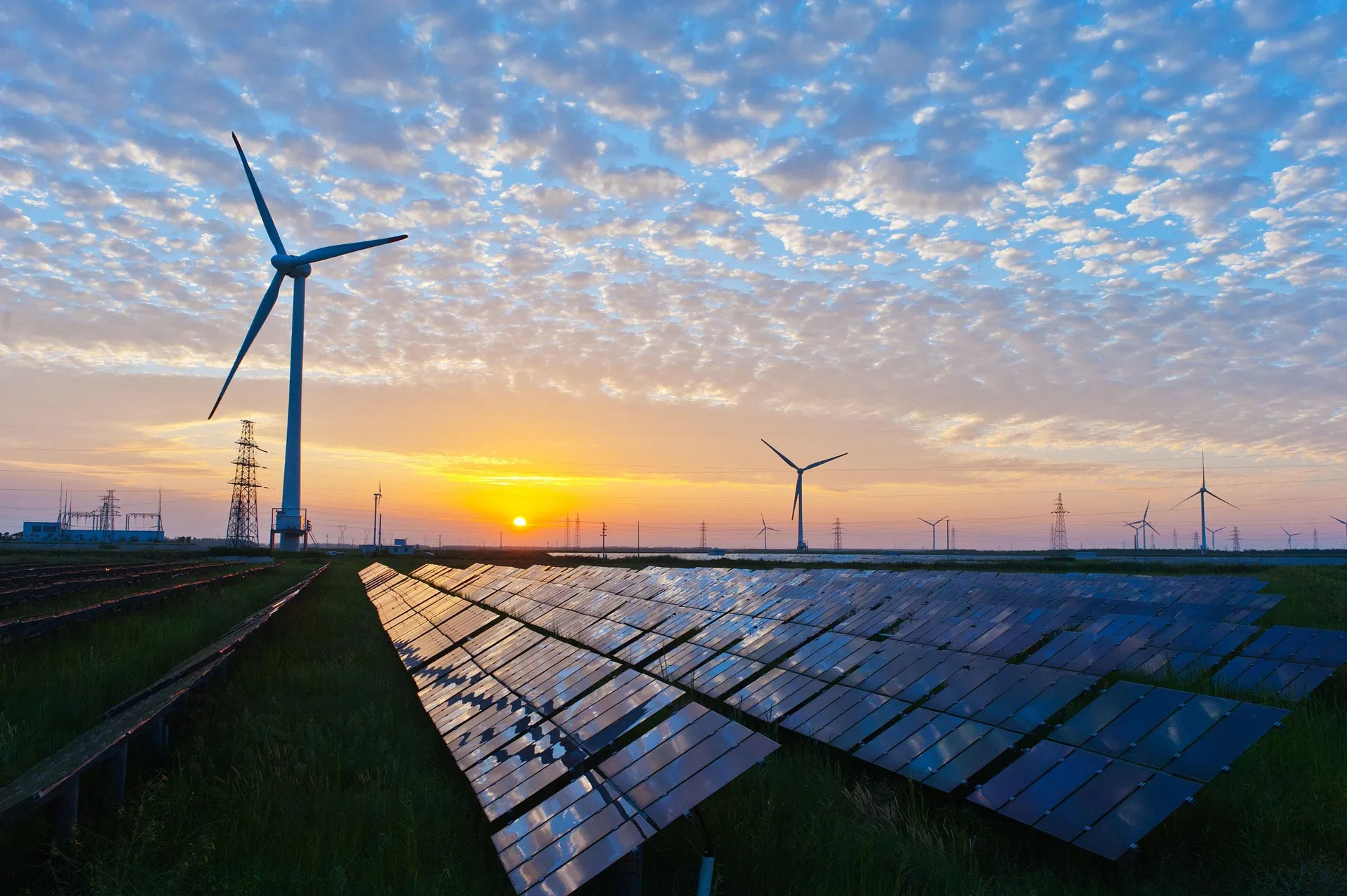New Delhi: Union Minister Piyush Goyal emphasized India’s commitment to achieving its energy needs through sustainable sources during the first edition of the Energy Transition Dialogue organized by the Observer Research Foundation (ORF) in New Delhi.
Goyal outlined India’s energy transition strategy, acknowledging the significant economic growth expected over the next three decades and its subsequent surge in energy demand across various sectors. This transition involves moving away from past consumption patterns and aligning with the country’s burgeoning energy needs.
He underscored India’s determination to enhance its energy transition initiatives by incorporating clean energy solutions. Goyal cited several examples, including support for clean energy equipment production and the shift towards green hydrogen and ammonia production. The government’s production-linked incentive program, applicable across diverse sectors such as auto components, specialty skills, technical textiles, and more, was commended as a well-crafted policy to bolster manufacturing in India. The program extends beyond mobile phones to areas like solar PV manufacturing and green hydrogen production.
Goyal emphasized the importance of transitioning from coal, noting that intermittent energy sources like wind and solar cannot entirely replace coal’s baseload power generation. India’s rapid growth in power generation, averaging 8-10% annually, necessitates an alternative to coal. Goyal advocated for Prime Minister Modi’s vision of an international power grid as a viable solution to address this challenge.
Regarding the issue of Carbon Tax, Goyal stated that India is in dialogue with the European Union and European countries to ensure that it doesn’t disadvantage Indian exports. He explained that if India taxes carbon at a level similar to the European Union’s domestic companies, there would be no additional tax on Indian exports to these countries, ensuring a level playing field.
On the subject of financing energy transition, Goyal highlighted the need for developed countries to play a more substantial role. He stressed that India, despite supporting 17% of the global population, contributes minimally to greenhouse gas emissions and ozone layer depletion. Goyal emphasized the “polluter pays” principle and the expectation that developed countries should provide low-cost, long-term funding to support less developed nations in their transition efforts. He criticized the current approach, which relies primarily on private capital and lacks sufficient concessional finance.
Goyal concluded by noting that the developed world bears responsibility for the current global environmental challenges and suggested that they need to do more to address these issues.


